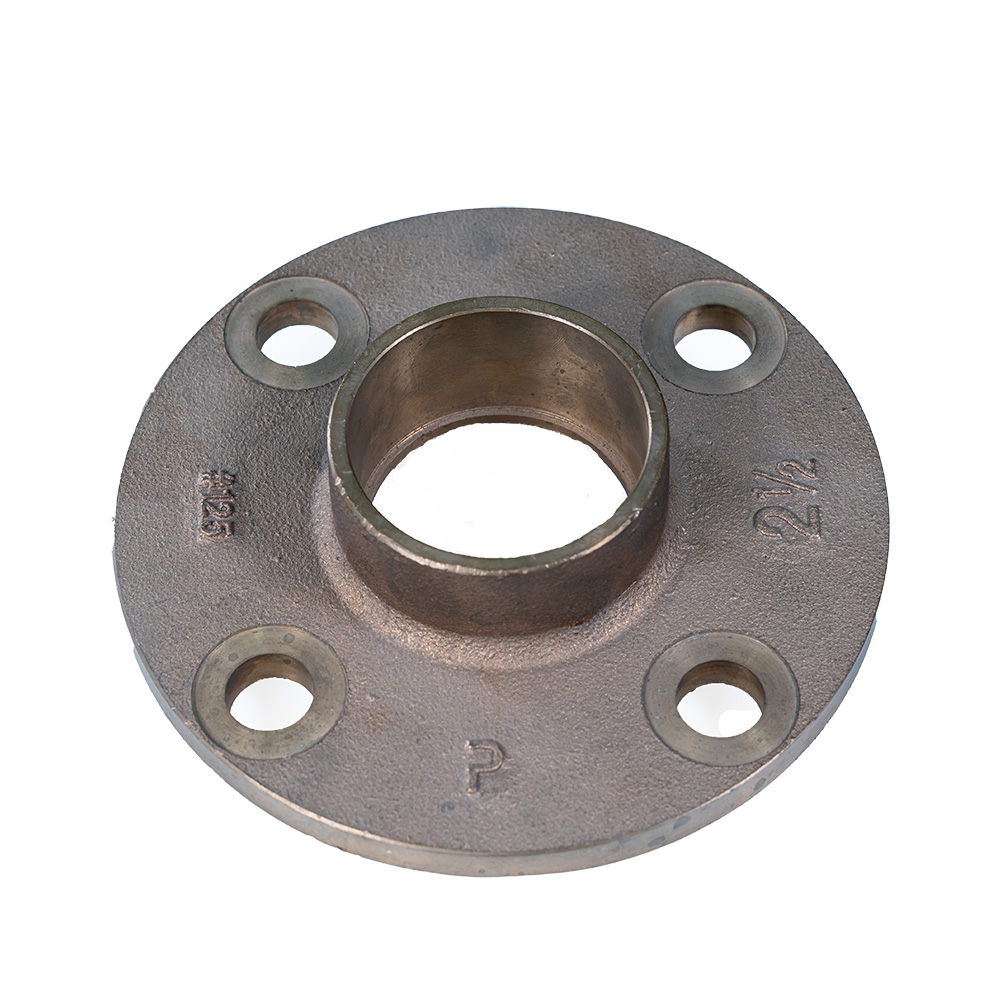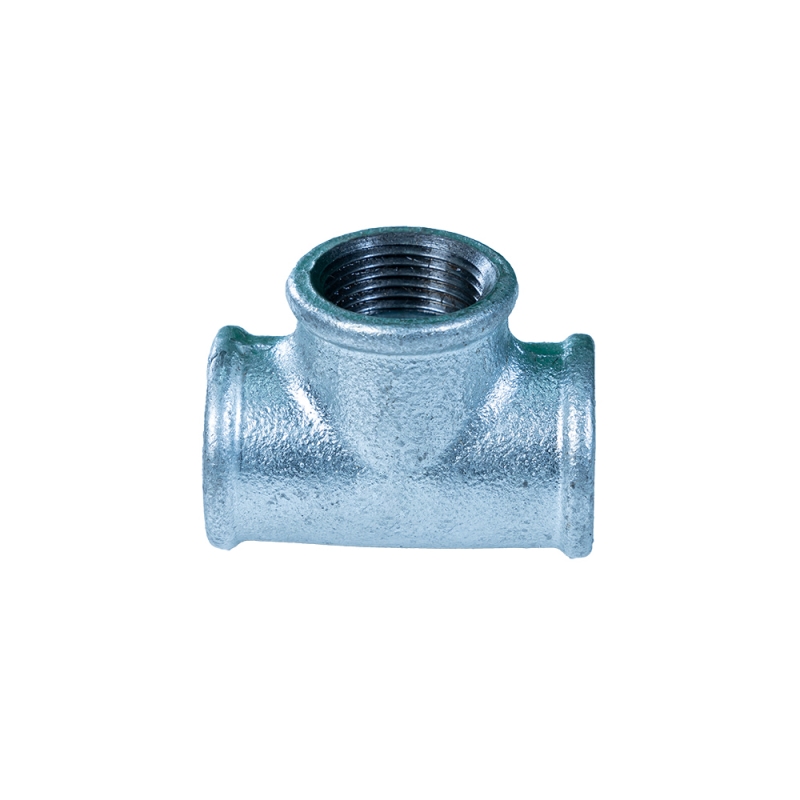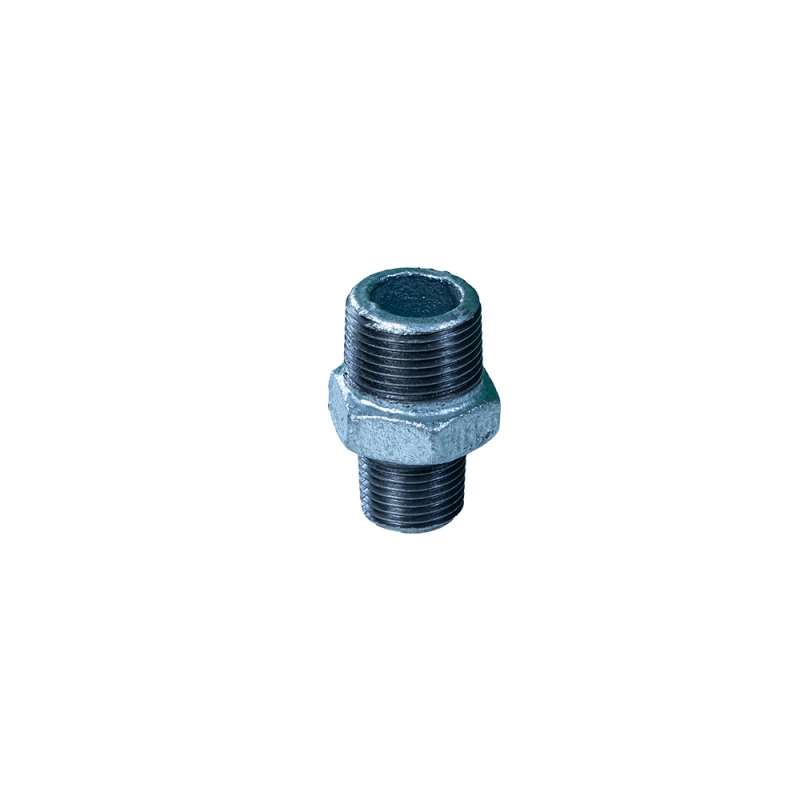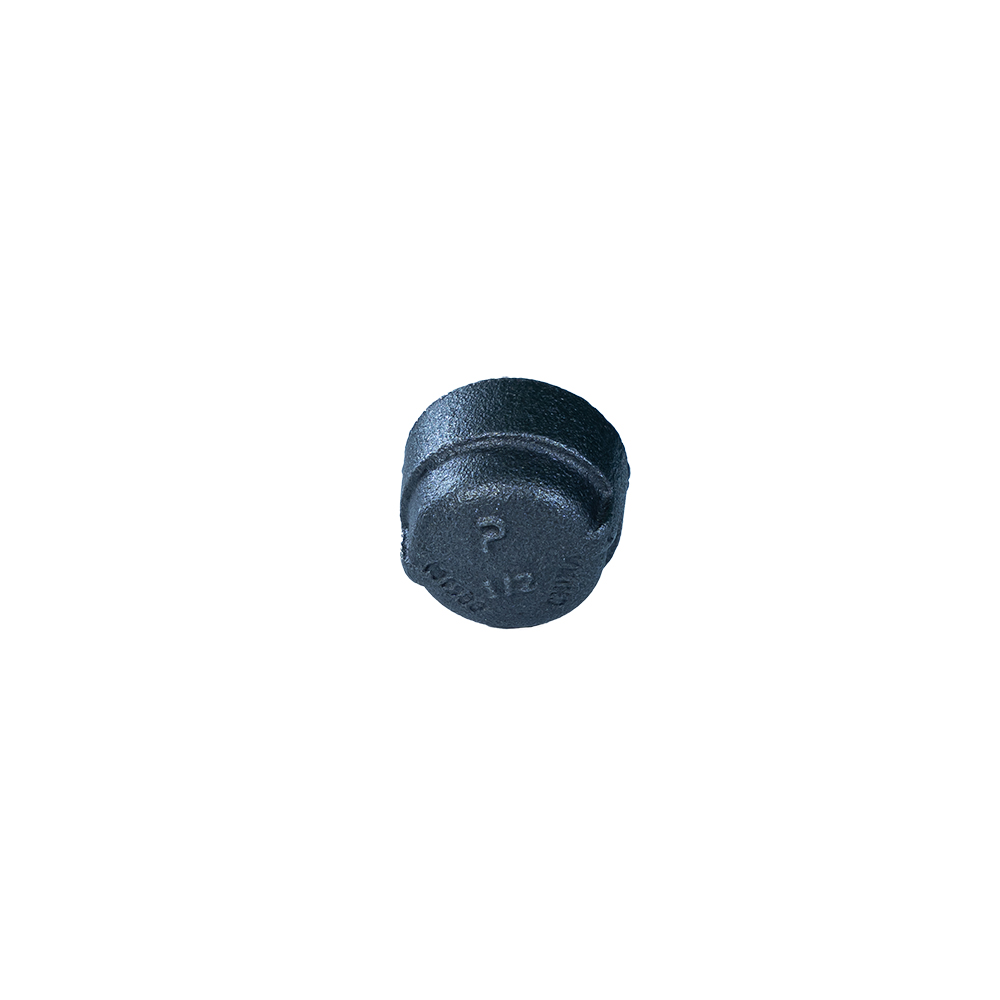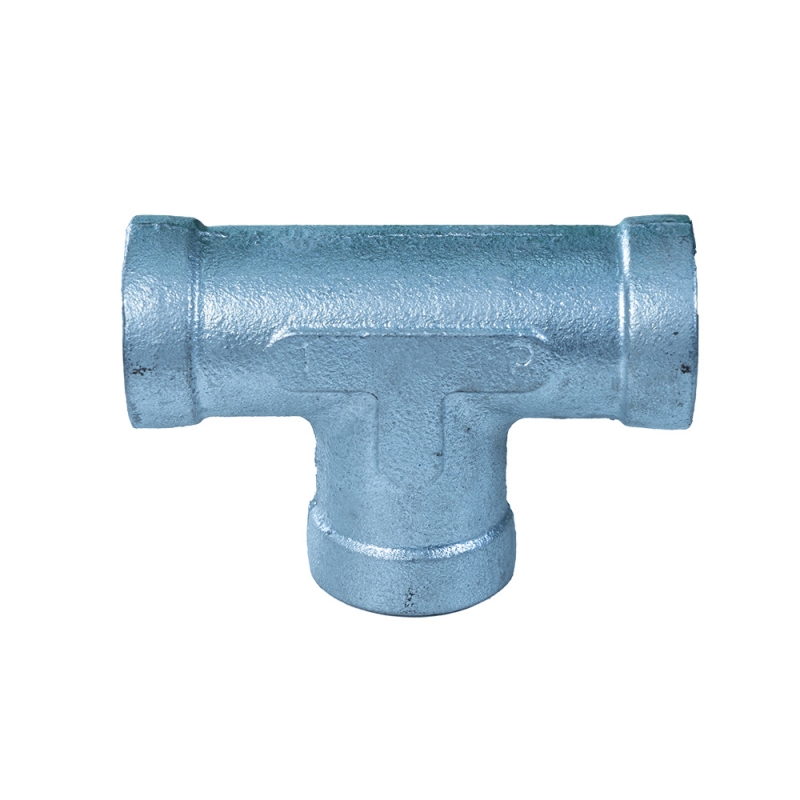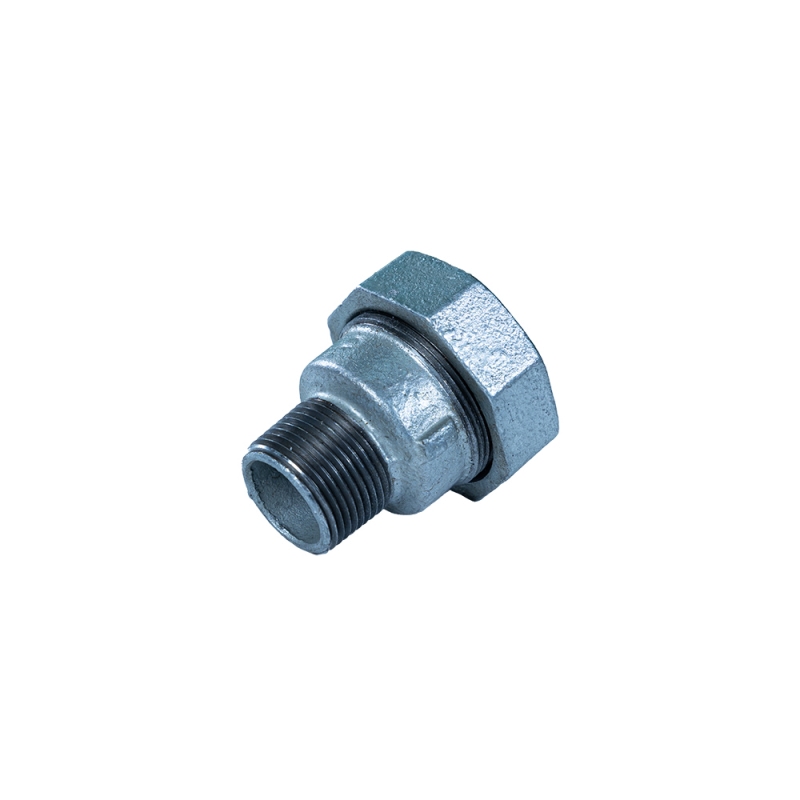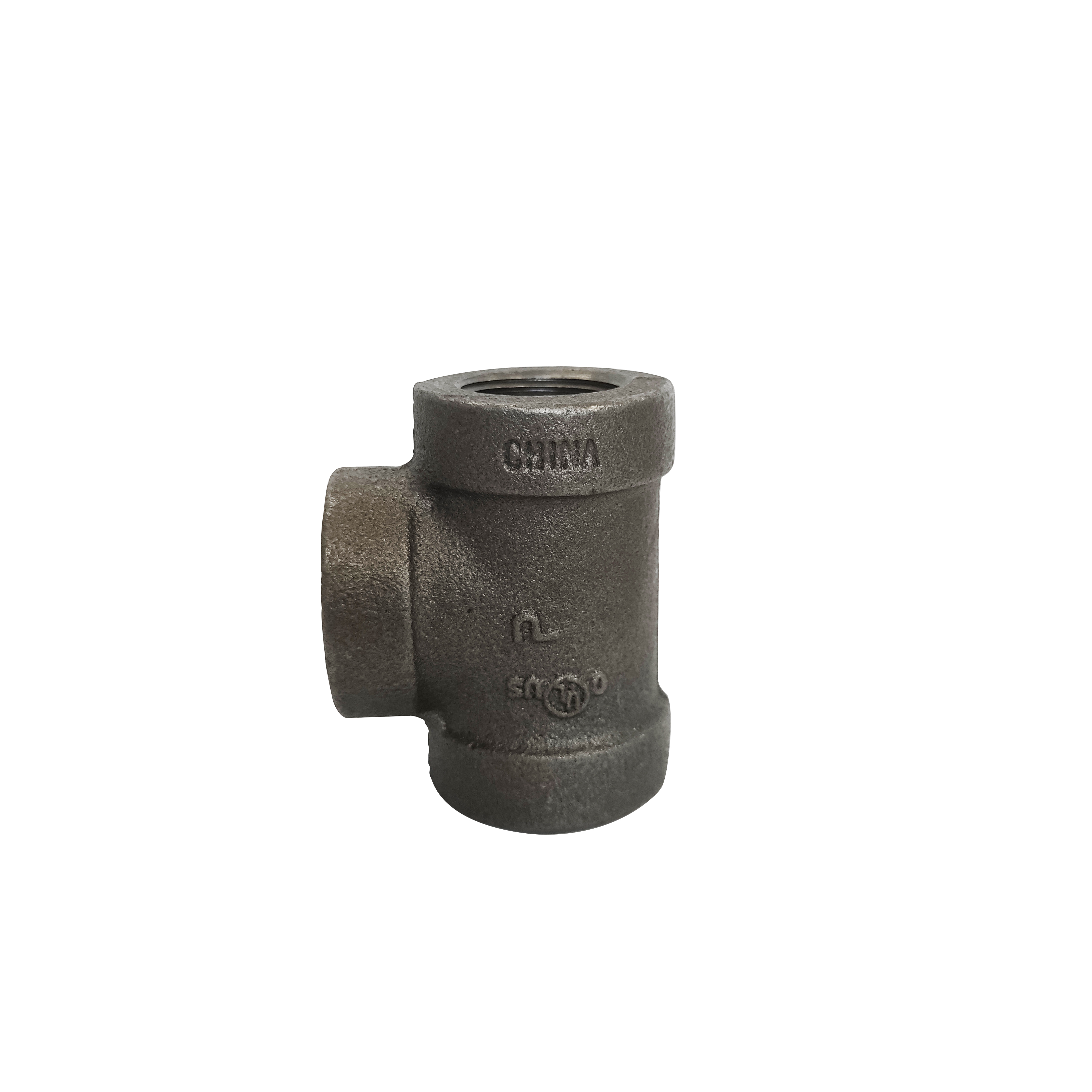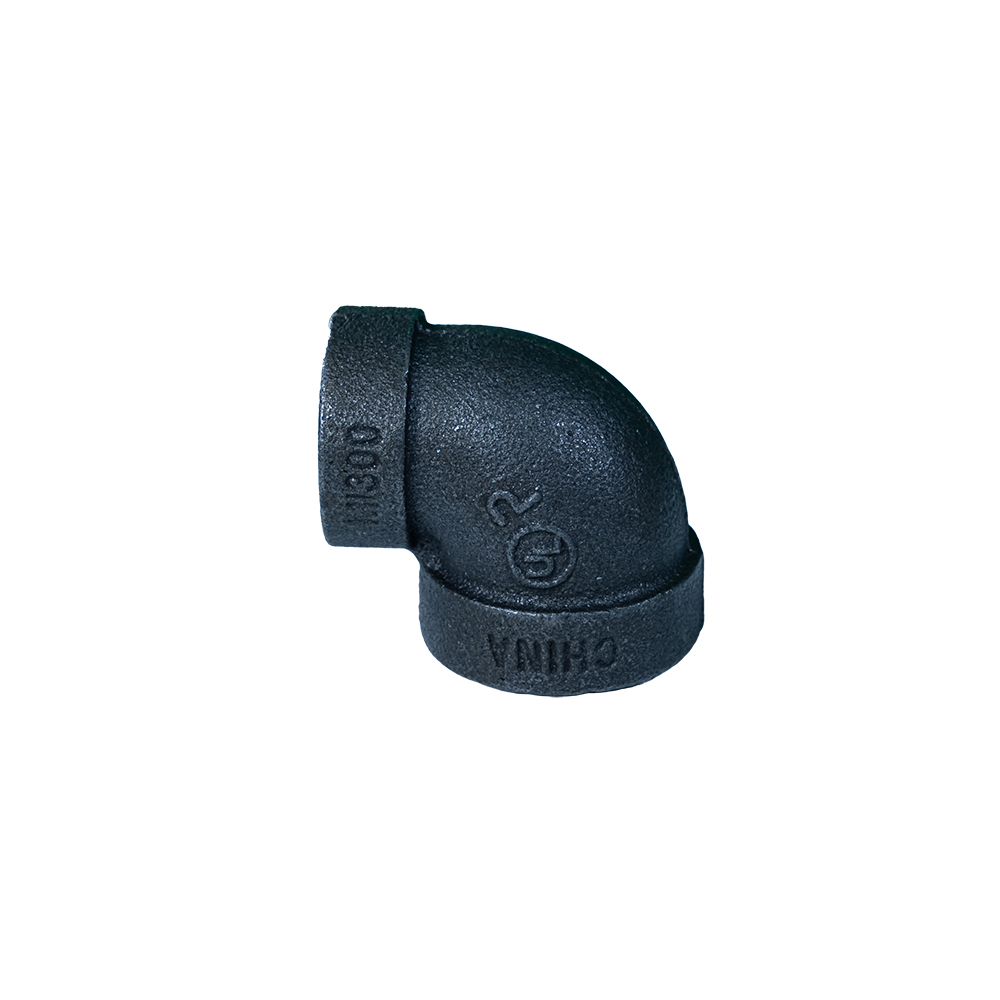Precision Engineering: The Role of the 1 4 npt siku 45 derajat in Industrial Systems
In the intricate world of industrial fluid and gas transfer systems, every component plays a critical role in ensuring operational efficiency, safety, and longevity. Among these, the 1 4 npt siku 45 derajat stands out as a fundamental, yet highly specialized, fitting. Designed to precisely alter the direction of flow by 45 degrees within a piping system, this component is essential in applications where gradual changes in direction are preferred over abrupt turns, minimizing turbulence and pressure drop. Its NPT (National Pipe Taper) threading ensures a secure, leak-tight seal critical for high-pressure and high-temperature environments. This article delves into the technical intricacies, application diversity, and manufacturing excellence behind this vital industrial fitting, aiming to provide B2B decision-makers and engineers with comprehensive insights into its value proposition and strategic deployment.
Industry Trends and Market Dynamics in Fluid Transfer Components
The global market for pipe fittings, including specialized components like the 1 4 npt siku 45 derajat, is experiencing steady growth, driven by expansion in key sectors such as oil and gas, chemical processing, water and wastewater treatment, and power generation. Industry reports indicate a Compound Annual Growth Rate (CAGR) of approximately 4-6% for industrial pipe fittings, highlighting a robust demand for reliable and efficient fluid transfer solutions. Key trends influencing this market include:
- Material Innovation: Increasing adoption of advanced materials like duplex and super duplex stainless steels, high-nickel alloys, and specialized thermoplastics to enhance corrosion resistance, withstand extreme temperatures, and improve overall service life in harsh operating conditions. This also applies to components like the 1 2 siku 45 derajat, which are seeing similar material advancements.
- Digitalization and Automation: Integration of smart manufacturing processes, including IoT-enabled quality control and automated production lines, leading to higher precision and reduced manufacturing costs for fittings of all sizes, from small NPT elbows to larger components like the siku 45 derajat 6 inci.
- Sustainability and Environmental Compliance: Growing emphasis on leak-proof designs, reduced material waste, and energy-efficient manufacturing processes to meet stringent environmental regulations and corporate sustainability goals.
- Customization and Modularity: Increasing demand for tailor-made solutions to fit highly specific application requirements, alongside modular designs that offer greater flexibility in system construction and maintenance.
- Infrastructure Development: Massive investments in new infrastructure projects globally, particularly in emerging economies, are fueling the demand for a wide range of industrial fittings.
These trends underscore a market that values precision, durability, and adaptability, with a clear move towards higher performance and environmentally conscious solutions. The demand for robust, reliable fittings like the 45-degree elbow remains consistently high, particularly in sectors prioritizing system integrity and operational safety.
Technical Specifications and Parameters of the 1/4 NPT 45 Degree Elbow
Understanding the technical specifications of a 1 4 npt siku 45 derajat is paramount for proper system design and selection. The designation '1/4 NPT' refers to the nominal pipe size and the threading standard. NPT (National Pipe Taper) threads are a tapered thread form, meaning the diameter of the thread decreases along its length, creating an interference fit that enhances sealing when tightened. This mechanical advantage is crucial for preventing leaks in high-pressure gas and fluid systems. The '45 degree' indicates the precise angle of deflection the fitting provides, allowing for smoother directional changes compared to a 90-degree elbow, which can be advantageous in reducing frictional losses and turbulence in specific flow regimes.
Key Material Considerations:
- Carbon Steel: Widely used for general industrial applications where corrosion is not a primary concern. Offers excellent strength and cost-effectiveness. Often galvanized for enhanced corrosion resistance.
- Stainless Steel (304/316): Essential for corrosive environments, high-temperature applications, and industries requiring hygiene, such as food processing and pharmaceuticals. SS316 offers superior corrosion resistance to SS304, particularly against chlorides.
- Alloy Steels (e.g., Chrome-Moly): Utilized in extreme pressure and temperature services, common in power generation and petrochemical industries.
- Brass: Offers good corrosion resistance and is often preferred for water, fuel, and air lines in lower-pressure applications due to its workability and aesthetic appeal.
Standard Technical Parameters:
These specifications underscore the versatility and robustness required for industrial applications. The choice of material and schedule is critical and must be carefully aligned with the specific operational parameters of the system. This meticulous attention to detail is equally important when considering other common sizes such as the 1 2 siku 45 derajat or the 2 siku 45 derajat, where scaling of these parameters becomes essential.
Manufacturing Process: Ensuring Quality and Performance
The production of a high-quality 1 4 npt siku 45 derajat involves a series of precisely controlled steps, from raw material selection to final inspection. Adherence to international standards like ISO 9001 and ASME B16.11 is critical at every stage to ensure durability, reliability, and consistent performance.
Detailed Process Flow:
- Raw Material Procurement and Inspection: High-grade materials (e.g., carbon steel, stainless steel billets) are sourced from certified suppliers. Initial inspection involves chemical analysis (spectroscopy) and mechanical testing (tensile strength, hardness) to ensure compliance with ASTM or equivalent standards.
- Cutting and Heating: Raw material is cut to precise lengths. Forged elbows are then heated in induction or gas-fired furnaces to their forging temperature (typically 900-1200°C for steel), ensuring optimal plasticity for shaping.
- Forming (Forging or Casting):
- Forging: The most common method for high-pressure fittings. Heated material is placed into dies and shaped under immense pressure using hammers or presses. This process refines grain structure, enhancing strength and toughness.
- Casting: Molten metal is poured into a mold. While suitable for complex shapes and larger fittings, casting may result in internal porosity, requiring rigorous non-destructive testing.
- Cooling and Heat Treatment: Formed elbows are cooled under controlled conditions. Many require specific heat treatments (e.g., annealing, normalizing, quenching and tempering) to relieve internal stresses, optimize mechanical properties, and achieve desired hardness.
- Machining (CNC Precision): This is a critical stage for defining the 45-degree angle and the NPT threads. CNC (Computer Numerical Control) machining ensures extreme precision, achieving tight tolerances for angle, bore diameter, and thread profile (e.g., ASME B1.20.1 for NPT threads). This guarantees a perfect fit and seal.
- Surface Treatment: Depending on material and application, fittings may undergo surface treatments. Galvanization (for carbon steel) provides a zinc coating for superior corrosion resistance. Black oxide treatment offers mild corrosion resistance and a matte black finish.
- Quality Control and Testing:
- Dimensional Inspection: Calipers, gauges, and coordinate measuring machines (CMM) verify dimensions, angles, and thread conformity.
- Non-Destructive Testing (NDT): Ultrasonic testing (UT), magnetic particle inspection (MPI), or liquid penetrant inspection (LPI) detect internal flaws, cracks, or surface imperfections.
- Hydrostatic Testing: Fittings are subjected to internal pressure significantly higher than their rated working pressure to confirm structural integrity and leak-proof performance.
- Material Traceability: Each fitting is marked with a heat number and manufacturer's stamp, allowing full traceability to the raw material batch and test reports.
- Final Finishing and Packaging: Deburring, cleaning, and protective coating application (e.g., rust preventative oil) before packaging for shipment.
This rigorous process ensures that each 45-degree NPT elbow meets stringent industry standards and delivers the anticipated service life and performance in demanding environments. This comprehensive approach is vital across the entire product range, including larger diameter elbows such as the Knalpot 3 inci siku 45 derajat, where structural integrity is even more critical.
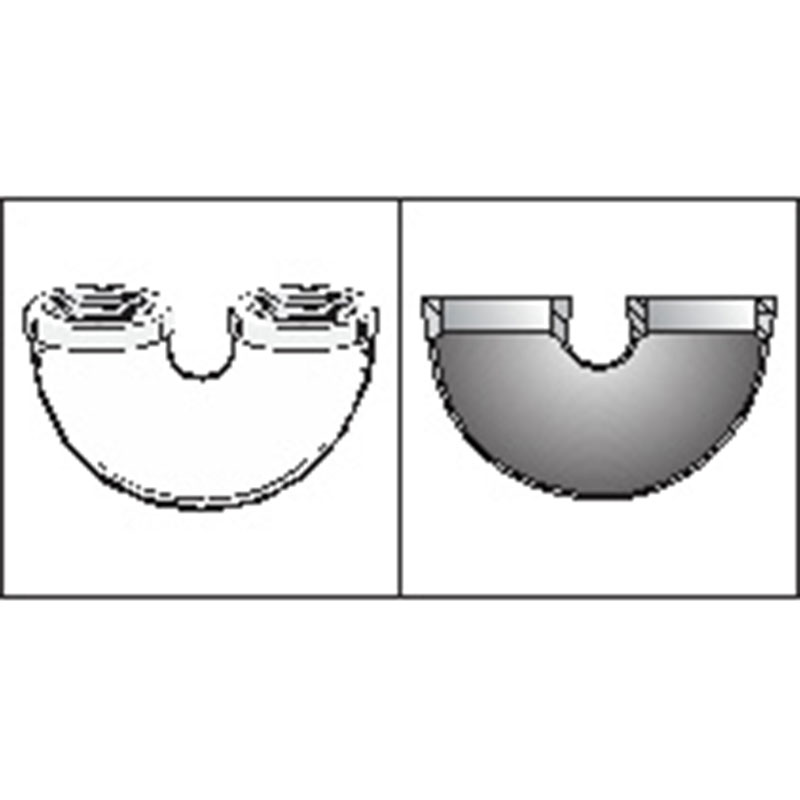
Application Scenarios Across Diverse Industries
The versatility of the 1 4 npt siku 45 derajat makes it indispensable across a multitude of industrial sectors. Its ability to facilitate a gentle directional change while maintaining system integrity is highly valued in scenarios where minimizing pressure drop and flow turbulence is critical. Here are typical application scenarios:
- Petrochemical and Chemical Processing: Used extensively in refineries, chemical plants, and processing units for conveying aggressive chemicals, hydrocarbons, and high-temperature fluids. The precise 45-degree angle helps in optimizing flow dynamics in complex piping networks, contributing to energy saving by reducing pumping effort.
- Oil and Gas Exploration and Production: From upstream drilling operations to midstream pipelines and downstream refining facilities, these elbows are critical in instrument lines, hydraulic control systems, and small bore process lines where durable, leak-proof connections are non-negotiable.
- HVAC and Refrigeration Systems: Employed in heating, ventilation, air conditioning, and refrigeration systems to manage refrigerant lines, water circulation, and air flow. The 45-degree turn allows for more compact and efficient routing within confined spaces.
- Water Supply and Drainage: In both municipal and industrial water treatment plants, the 45-degree NPT elbow is used in various control and instrumentation lines, as well as in smaller distribution networks where precise directional changes are required without significantly impacting flow velocity.
- Automotive and Marine Industries: Smaller NPT elbows find use in engine compartments for fluid lines, air intake systems, and exhaust routing (e.g., a Knalpot 3 inci siku 45 derajat might be used in larger vehicle systems, demonstrating the scalability of the design concept). Their robust construction ensures reliability under vibration and varying temperatures.
- Power Generation: In both conventional and renewable energy plants, these fittings are used in auxiliary steam lines, lubrication oil systems, and cooling water circuits, often specified in high-grade materials to withstand demanding conditions.
In each of these sectors, the ability of the 45-degree NPT elbow to provide a reliable, efficient, and durable connection for a 45-degree change in direction underscores its irreplaceable value in modern industrial infrastructure.
Technical Advantages of 45-Degree Elbows
The selection of a 45-degree elbow over a 90-degree counterpart, or even flexible piping, is often dictated by specific hydraulic, spatial, and cost considerations. The intrinsic technical advantages of a 1 4 npt siku 45 derajat contribute significantly to optimized system performance and reduced operational expenses.
- Minimized Pressure Drop: A 45-degree bend creates less flow restriction and turbulence compared to a 90-degree bend. This translates to a lower head loss coefficient, meaning less energy is required by pumps or compressors to maintain flow, leading to tangible energy saving. For example, a 45-degree elbow typically has a resistance coefficient (K-factor) significantly lower than a 90-degree elbow of the same size, directly impacting pump power requirements.
- Reduced Turbulence and Erosion: Smoother directional changes help in maintaining laminar or less turbulent flow, reducing wear and tear on the pipe walls, especially crucial when handling abrasive slurries or high-velocity fluids. This enhances the service life of the entire piping system.
- Improved System Aesthetics and Routing: In confined or visually sensitive installations, a series of 45-degree elbows can provide a more gradual and aesthetically pleasing route compared to sharp 90-degree turns, offering greater flexibility in design.
- Corrosion Resistance and Durability: When manufactured from appropriate materials like stainless steel (e.g., 316 SS), these elbows offer exceptional corrosion resistance against a wide range of aggressive media, extending service life in harsh environments and reducing maintenance frequency.
- High-Pressure and High-Temperature Capability: Precision forging and machining, combined with robust material selection, ensure that these fittings can reliably withstand extreme operating pressures and temperatures, critical for safety and process stability.
- Leak-Proof NPT Connection: The tapered NPT thread design provides a self-sealing mechanism when properly assembled with sealant, greatly reducing the risk of leaks, which is vital for hazardous or valuable fluid transfer.
These advantages solidify the position of the 45-degree NPT elbow as a preferred choice for engineers optimizing fluid dynamics and seeking long-term operational reliability.
Vendor Comparison and Selection Criteria
Choosing the right supplier for industrial fittings, including a 45-degree NPT elbow, is a strategic decision that impacts project timelines, operational safety, and overall cost-efficiency. A thorough vendor comparison should extend beyond mere price, encompassing a holistic evaluation of product quality, compliance, support, and reliability.
Key Factors for Vendor Evaluation:
- Certifications and Standards Compliance: Verify adherence to international standards such as ISO 9001 (Quality Management), ASME B16.11 (Forged Fittings), ASTM (Material Specifications), and API (American Petroleum Institute) for specific oil and gas applications.
- Material Quality and Traceability: Ensure suppliers provide Mill Test Certificates (MTCs) for raw materials, guaranteeing their chemical composition and mechanical properties. Full traceability from raw material to finished product is crucial.
- Manufacturing Precision and Technology: Assess the manufacturer's capabilities, including their use of advanced CNC machining, precision forging techniques, and robust quality control procedures. This directly impacts the dimensional accuracy and integrity of the NPT threads and the 45-degree angle.
- Testing and Inspection Protocols: Inquire about their in-house testing facilities (hydrostatic, NDT, dimensional inspection) and third-party verification options to ensure all fittings meet performance specifications.
- Lead Times and Supply Chain Reliability: Evaluate a vendor's ability to meet project deadlines, their inventory management, and their supply chain resilience. For specialized components like a siku 45 derajat 6 inci or custom orders, lead times can be a critical differentiator.
- Customization Capabilities: The ability to provide bespoke solutions for unique material grades, specific dimensions, or non-standard pressure ratings.
- Technical Support and After-Sales Service: Availability of expert technical assistance for product selection, installation guidance, and responsive after-sales support for any issues or concerns.
- Reputation and Client References: Check their market reputation, years of service in the industry, and request client testimonials or case studies from similar projects.
Comparative Analysis of Hypothetical Vendors:
While Vendor C might offer the lowest initial cost for a 45-degree NPT elbow, the long-term implications of potential failures, increased maintenance, and operational disruptions often far outweigh the upfront savings. Prioritizing Vendors A or B, who emphasize quality, testing, and comprehensive support, typically results in a lower total cost of ownership and higher system reliability.
Customized Solutions for Specific Industrial Demands
Standard fittings serve a broad range of applications, but many critical industrial processes demand highly specialized components. Customization capabilities are a significant value-add for suppliers of a 45-degree NPT elbow, allowing for optimized performance in unique operating environments. Custom solutions can include:
- Exotic Material Grades: Beyond standard carbon and stainless steels, custom fittings can be manufactured from materials like Inconel, Hastelloy, Monel, or Titanium for extreme corrosion resistance, super-high temperatures, or specific chemical compatibility.
- Unique Dimensions and Angles: While 45 degrees is standard, specific layouts might require slightly different bend angles or non-standard face-to-center dimensions to fit into constrained spaces or unique equipment interfaces.
- Special Coatings and Linings: Internal or external coatings (e.g., PTFE lining for chemical resistance, specialized paints for marine environments) can extend the life and performance of the fitting in highly aggressive media.
- Higher Pressure/Temperature Ratings: Designing and manufacturing fittings to exceed standard pressure or temperature ratings through enhanced material thickness, specialized forging techniques, or advanced heat treatments.
- Non-Standard Threading: While NPT is common, other threading standards like BSPT (British Standard Pipe Taper) or metric threads might be required for international projects or specific equipment integration.
- Integrated Features: Combining multiple functions into a single fitting, such as an elbow with an integrated thermometer well or pressure tap, to reduce connection points and potential leak paths.
Engaging with a manufacturer that possesses robust engineering and design capabilities for customized solutions ensures that even the most challenging system requirements can be met with fittings that are precisely tailored for optimal performance and maximum service life. This flexibility extends to various sizes, enabling solutions like a specialized 2 siku 45 derajat for unique heavy industrial applications.
Application Case Studies: Proving Reliability in Practice
Case Study 1: Petrochemical Plant Expansion (Corrosion Resistance)
A major petrochemical company was expanding its facility, requiring thousands of small-bore instrument and utility lines. The environment involved highly corrosive chemicals and intermittent high temperatures. Traditional carbon steel fittings were experiencing premature failure, leading to unscheduled downtime and safety concerns. The client opted for custom-fabricated 45-degree NPT elbow fittings made from 316L stainless steel, precisely machined to ASME B16.11 standards. The supplier also provided full material traceability and hydrostatic test reports for each batch. After two years of operation, these fittings have shown zero instances of corrosion-related failure, significantly enhancing operational safety and reducing maintenance costs by an estimated 30% compared to previous solutions. This demonstrated the long-term cost-effectiveness of investing in high-quality, application-specific fittings.
Case Study 2: Municipal Water Treatment Facility Upgrade (Leak Prevention)
A municipal water treatment plant undertook a major upgrade of its chlorination and chemical dosing systems. The existing PVC lines were prone to chemical degradation and frequent leaks, posing environmental and public health risks. The project required highly reliable connections, particularly for precise directional changes. The solution involved replacing critical sections with specialized 45-degree NPT elbow and 1 2 siku 45 derajat fittings, manufactured from brass with a nickel-plated finish for enhanced chemical resistance and durability. The NPT threads, combined with professional installation and appropriate thread sealant, provided robust, leak-proof connections. Post-installation monitoring over a year confirmed a 95% reduction in leak incidents across the upgraded sections, drastically improving system reliability, operator safety, and compliance with environmental regulations. This case highlights the critical importance of selecting fittings engineered for specific media and environmental conditions.

Ensuring : Certifications, Partnerships, and Quality Assurance
The credibility and authority of a manufacturer are built upon a foundation of verifiable standards and transparent quality assurance. For critical components like the 45-degree NPT elbow, adherence to globally recognized certifications and a robust quality management system are non-negotiable for B2B partners. Our commitment to expertise, experience, authoritativeness, and trustworthiness () is demonstrated through:
- ISO 9001:2015 Certified Quality Management System: This certification validates our consistent ability to provide products and services that meet customer and regulatory requirements, and to enhance customer satisfaction through effective application of the system.
- Compliance with ASME and ASTM Standards: All fittings are manufactured in strict accordance with relevant American Society of Mechanical Engineers (ASME) standards (e.g., B16.11 for forged fittings) and American Society for Testing and Materials (ASTM) material specifications, ensuring material integrity and dimensional accuracy.
- Comprehensive In-House Testing: Our facilities are equipped for a full suite of tests including hydrostatic pressure testing, non-destructive testing (NDT methods like Ultrasonic Testing and Magnetic Particle Inspection), and dimensional verification using calibrated instruments.
- Material Traceability and Documentation: Every fitting is supplied with Material Test Certificates (MTCs) that trace the material back to its mill and provide full chemical and mechanical properties, ensuring complete transparency and accountability.
- Strategic Partnerships: We collaborate with leading engineering firms and procurement departments in the petrochemical, power generation, and water treatment sectors, demonstrating our trusted position within these industries for over two decades.
- Experienced Engineering Team: Our team comprises seasoned metallurgical and mechanical engineers with deep expertise in fluid dynamics and materials science, providing invaluable support for product development and custom solutions.
These measures collectively establish a strong framework of confidence, assuring our clients that every fitting supplied is of the highest caliber and will perform reliably in its intended application.
Trustworthiness Module: FAQs, Lead Time, Warranty, and Support
Frequently Asked Questions (FAQ)
- Q: What is the primary advantage of a 45-degree elbow over a 90-degree elbow?
A: The 45-degree elbow provides a smoother change in direction, resulting in less pressure drop and reduced turbulence in the fluid flow. This can lead to energy savings and reduced wear on the piping system, particularly important for small NPT fittings in sensitive applications. - Q: How does NPT threading ensure a leak-proof seal?
A: NPT (National Pipe Taper) threads are designed with a tapered profile that creates an interference fit as the male and female threads are tightened. When properly assembled with a pipe sealant or PTFE tape, this mechanical interference effectively prevents fluid leakage, making it ideal for high-pressure applications. - Q: What materials are available for 45-degree NPT elbows and which should I choose?
A: Common materials include carbon steel (for general utility, often galvanized), 304/316 stainless steel (for corrosion resistance and hygiene), and brass (for water, air, and some fuel lines). The choice depends entirely on the fluid being conveyed, operating temperature, pressure, and environmental conditions. Our technical team can assist in material selection. - Q: What is the typical service life of your 45-degree elbows?
A: When properly selected for the application, installed correctly, and operated within specified parameters, our precision-engineered elbows are designed for decades of reliable service. Factors like corrosive media, extreme temperatures, and excessive vibration can influence actual service life. - Q: Can you provide fittings for non-standard pressures or temperatures?
A: Yes, we specialize in customized solutions. Our engineering team can design and manufacture 45-degree NPT fittings, or any other size like a siku 45 derajat 6 inci, with specific material grades, wall thicknesses, and heat treatments to meet elevated pressure and temperature requirements.
Lead Time & Fulfillment
Standard stock items for common configurations of 45-degree NPT elbows typically ship within 3-5 business days. For larger volume orders, specialized materials, or custom-engineered solutions, lead times generally range from 2 to 6 weeks, depending on complexity and material availability. We maintain a robust inventory and efficient production planning to minimize lead times and offer expedited shipping options for urgent requirements.
Warranty Commitments
All our industrial fittings, including 45-degree NPT elbows, are backed by a comprehensive 12-month warranty from the date of shipment against manufacturing defects and material failures, provided they are used under specified operating conditions and installed correctly. Our commitment is to deliver products of unwavering quality and stand behind their performance.
Customer Support and Technical Assistance
Our dedicated customer support team and experienced technical engineers are available to assist with product selection, technical specifications, installation guidelines, and any post-purchase inquiries. We offer responsive support via phone, email, and live chat, ensuring that your operations run smoothly and any challenges are addressed promptly and effectively. Our aim is to forge long-term partnerships built on trust and reliable service.
Conclusion: The Unseen Pillar of Industrial Flow
Itu 1 4 npt siku 45 derajat, while seemingly a small component, represents a critical element in the architecture of modern industrial fluid and gas systems. Its precision engineering, adherence to stringent quality standards, and ability to optimize flow dynamics contribute significantly to the safety, efficiency, and longevity of complex operations across diverse sectors. From preventing leaks in high-pressure oil and gas pipelines to reducing energy consumption in chemical processing, its value is in its silent, consistent performance. As industries continue to demand higher reliability and greater efficiency, the role of such meticulously crafted fittings becomes ever more pronounced. Investing in high-quality 45-degree NPT elbows from reputable manufacturers is not merely a procurement decision; it is a strategic commitment to operational excellence and long-term sustainability.
References
- American Society of Mechanical Engineers. ASME B16.11: Forged Fittings, Socket-Welding and Threaded. ASME International, 2016.
- American Society for Testing and Materials. ASTM A105/A105M: Standard Specification for Forgings, Carbon Steel, for Piping Components. ASTM International, 2018.
- International Organization for Standardization. ISO 9001: Quality management systems — Requirements. ISO, 2015.
- Crane Co. Flow of Fluids Through Valves, Fittings, and Pipe (Technical Paper No. 410). Crane Co., 2019.
- U.S. Department of Energy. Energy Savers: Improving Pipe Insulation. Office of Energy Efficiency & Renewable Energy, 2017.
Post time: Agu-29-2025


